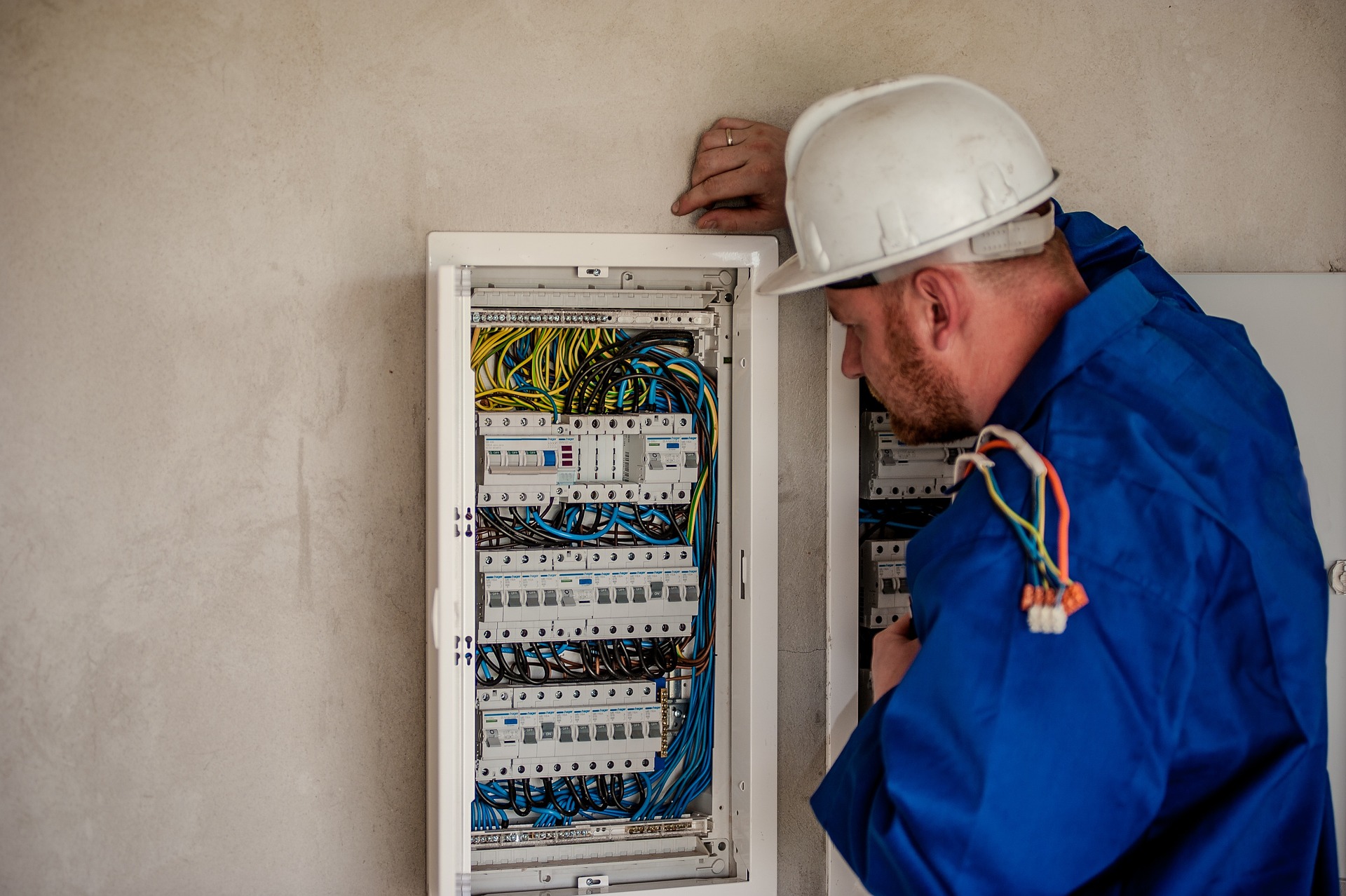Electrician Opportunities in the Netherlands for English Speakers
For individuals residing in the Netherlands and fluent in English, electrician training presents an exciting pathway to a rewarding career. This opportunity requires no prior experience or specialized education, making it accessible for those looking to enter a fast-paced and evolving industry. Embrace the chance to learn essential skills and gain valuable knowledge that can lead to various job prospects in the field of electrical work.

What is the electrical industry like in the Netherlands?
The electrical industry in the Netherlands is known for its innovation and commitment to sustainable energy solutions. The country’s focus on renewable energy and smart grid technologies creates a dynamic environment for electricians. However, the specific demand for electricians can fluctuate based on economic conditions and ongoing projects. English-speaking electricians may find opportunities in urban areas or international companies, but fluency in Dutch is often preferred or required for many positions.
How can English speakers explore electrician training in the Netherlands?
For those interested in pursuing electrician training in the Netherlands, several educational paths may be available. Technical vocational schools (MBO) offer programs in electrical engineering and installation, which can provide foundational knowledge. Some institutions may offer courses in English, particularly at higher education levels. However, it’s crucial to verify the language of instruction and recognition of qualifications before enrolling. Prospective students should also be aware that completing training does not guarantee employment and that additional certifications or language skills may be necessary.
What qualifications are typically required for electricians in the Netherlands?
Electricians in the Netherlands generally need to meet specific qualifications to work legally. These often include:
-
A recognized diploma in electrical engineering or a related field
-
Safety certifications, such as VCA (Veiligheid, Gezondheid en Milieu Checklist Aannemers)
-
Knowledge of Dutch electrical codes and regulations
-
Proficiency in the Dutch language for most positions
English-speaking electricians from outside the EU may need to have their qualifications assessed and recognized by the appropriate Dutch authorities. This process can be complex and time-consuming, and success is not guaranteed. Additionally, work permits may be required for non-EU citizens, which can present additional challenges.
What sectors might offer opportunities for electricians?
While specific job openings can vary greatly and are not guaranteed, electricians in the Netherlands might find general career prospects in sectors such as:
-
Residential and commercial construction
-
Renewable energy installations (solar, wind)
-
Industrial maintenance
-
Infrastructure projects
-
Smart home and building automation
It’s important to note that these are broad fields and do not represent current job listings. The availability of positions can fluctuate based on economic conditions, seasonal factors, and regional demand.
How can English-speaking electricians improve their prospects?
English-speaking electricians interested in working in the Netherlands can take several steps to enhance their general career prospects, although these do not guarantee employment:
-
Learn Dutch: Most employers prefer candidates with Dutch language skills
-
Obtain relevant Dutch certifications
-
Gain experience with European electrical standards
-
Network with professionals in the Dutch electrical industry
-
Consider internships or apprenticeships, if eligible
It’s crucial to understand that these steps are preparatory and do not imply immediate job availability or active hiring processes.
What are the typical working conditions for electricians in the Netherlands?
Working conditions for electricians in the Netherlands generally adhere to EU labor standards. This typically includes:
-
A 40-hour work week, with additional hours compensated as overtime
-
Minimum of 20 vacation days per year for full-time employees
-
Strong emphasis on workplace safety and proper equipment use
-
Collective labor agreements (CAOs) that may govern wages and working conditions in specific sectors
Salaries can vary widely based on experience, qualifications, and the specific employer. As of 2023, entry-level electricians might expect to earn around €2,000 to €2,500 per month, while experienced professionals could earn €3,000 to €4,000 or more. However, these figures are estimates and can change over time. Independent research and consultation with current industry professionals are advised for the most up-to-date information.
In conclusion, while the Netherlands offers a sophisticated electrical industry with potential for career growth, English-speaking electricians should approach the market with realistic expectations. Success often requires significant investment in language skills, local certifications, and understanding of Dutch work culture. It’s essential to conduct thorough research and possibly seek professional guidance before making career decisions in this field.




